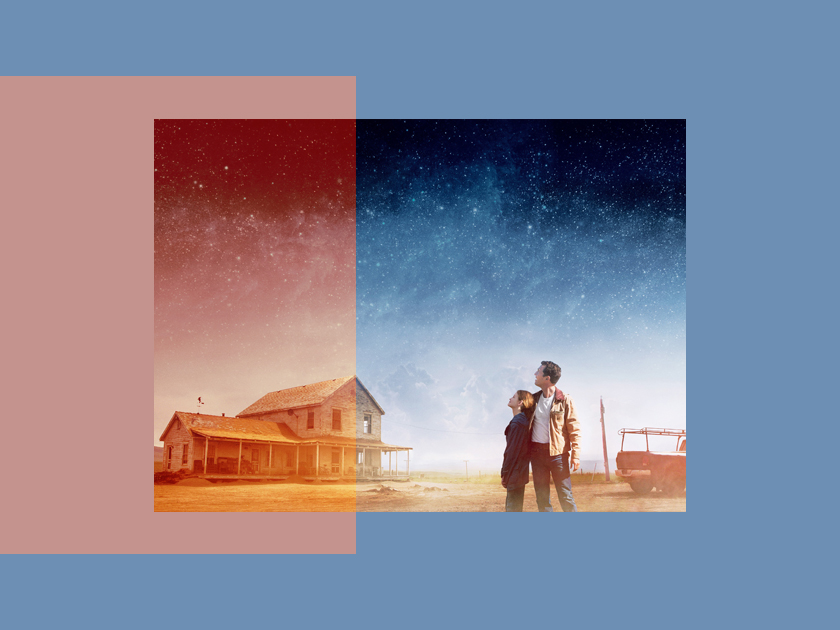In the year 2018, nine former students of the Aula de Teatro de Lérida have reported the sexual abuse suffered by Professor Antonio Gómez to the policewho was director of the institute between 2009 and 2017, a figure who exercised authoritarian power in the school until his dismissal. The case had to be dropped because too many years had passed since the crimes committed, they had prescribedalthough the prosecutor in charge of the case made it clear in the statute of limitations that the allegations had factual basis.

In 2020, the ARA newspaper published an extensive report underlining the impunity of the case, with the former director fired with a huge fee of almost 60,000 euros as well as various awards. The complainants, members of the Dones collective in Escena, wanted to break this circle of silence, accomplices of the criminal. For this they agreed to act ‘The Yellow Roof’, this powerful documentary made by Isabel Coixetwho has always shown his busier side in his non-fiction feature films, as can be seen in ‘Invisibles’ or ‘Journey to the heart of torture’.
TVE Otra Mirada Award at the 70th San Sebastian Film Festivalwhere it was screened out of competition in the Official Section, ‘El techo amarillo’ arrives in commercial theaters after being nominated for a Goya and a Gaudí for best documentary. Coixet had an important challenge with this proposal, counting with solemnity, emotion, respect and sobriety the testimonies of the victims who decided to speak in front of the cameras. The director performs a masterful editing exercise, dividing the film into nine episodes, in which she connects the testimonies of women who wanted to raise their voice against impunity.

From the beginning, The title of the film, which will be explained within the film, is striking, being one of the most representative moments of the film, in which one of the victims recounts how her mind went blank, how she could only stare at the yellow-tinted ceiling as her drama teacher began abusing her. The director, as well as the testimonies themselves, tell the facts in a naked, direct and very frank way, which is reflected in how, with the dubbings, the director knows how to transmit visual strength in a delicate, respectful and elegant way.
A courageous film that gives voice and face to the victims
Coixet performs the portrait of a sexual predator, a manipulator who used his position of power to charm his young students, all minors, aged between 14 and 17 years. It’s terrifying how the director captures how this perverse circle is formed in which the aggressor maneuvers his victims, how he brings them into his territory. He reaches it by showing off sobriety and elegance, with stories that are more shocking because they are told without any hint of sentimentalityin a serene way, something that scares much more.

On the other hand, something that Coixet also builds is how it takes time to process what happened. The director shows how necessary it is to reform again the statute of limitations relating to sexual abuse. It is evident when you capture a process of assimilation, healing and courage to talk about what happened, something that takes time, which is only achieved through the years, of maturity. Only a process that goes against the times that Justice itself has. Added to this is the importance of introducing the concept of rape into the penal code once again.
Added to this how those years that serve to assimilate what happened and denounce it and how these do not correspond to the times of Justice cause a terrible feeling of impunity, something the documentary captures directly. Added to this is a complicit silence, that of all those who knew about this open secret, thus returning to re-victimize women who seek only the truth and who have not obtained something as simple as an apology from those institutions that protected the aggressor . and not to them.
A film made with solemnity, elegance and in an austere way, ‘The Yellow Roof’ is a terrible horror story, overwhelming for what it tells. Despite this, it is a courageous feature film, which once again reminds us how cinema can be an important factor for social agents (The film will serve as evidence before the Justice, since the case has been able to be reopened when complaints arise that have not prescribed). ‘El techo amarillo’ is a cinema of denunciation, which denounces impunity in the face of sexual abuse and which claims, from the director’s humble position, to review the laws again. Coixet shows the power of documentary as a cinematic format, with one of his best feature films.
Note: 8
The best: His sobriety and his direct style in dealing with the testimonies of the victims.
Worse: You see that impunity for abuse, as the abuser is still at large.
Source: E Cartelera
Bernice Bonaparte is an author and entertainment journalist who writes for The Fashion Vibes. With a passion for pop culture and a talent for staying up-to-date on the latest entertainment news, Bernice has become a trusted source for information on the entertainment industry.




